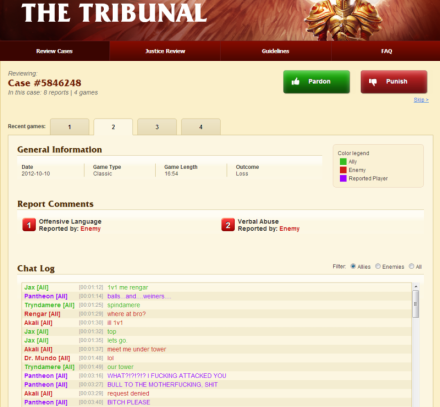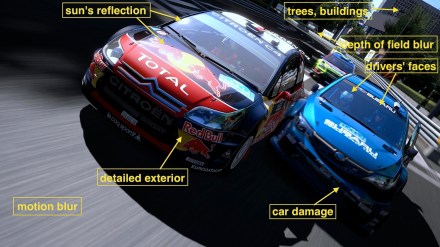I recently audited some lectures by friend and China expert Prof. Susan Shirk. She bans computers in her lectures. But one student sitting near me had his machine out and was “busy” with the usual distractions. (Didn’t he know the Associate Dean was a few seats away?) I asked Susan about him after class. “He told me he can’t take notes without a computer.” Obviously the computer is not the big issue on his note taking. Actually, it probably IS the issue – but in a negative way.

Not one computer mirrors the overheads.
James Kwak has beaten the distraction of cell phones – by removing most apps, including browsers.
I know that its enormous powers of distraction also make me lose focus on work, tune out in meetings, stay up too late at night, and, worst of all, ignore people in the same room with me. We all know this. We’re addicted to the dopamine hit we get when we look at our email and there’s actually something good in there, so we keep checking our email hoping to feel it again.
via How I Achieved Peace by Crippling My Phone — Bull Market — Medium.
Clay Shirky, an Internet sociologist, has a good discussion of why he recently banned computers in his classrooms. Excerpt:
I came late and reluctantly to this decision — I have been teaching classes about the internet since 1998, and I’ve generally had a laissez-faire attitude towards technology use in the classroom. This was partly because the subject of my classes made technology use feel organic, …. And finally, there’s not wanting to infantilize my students, who are adults, even if young ones — time management is their job, not mine.
Despite these rationales, the practical effects of my decision to allow technology use in class grew worse over time. The level of distraction in my classes seemed to grow, even though it was the same professor and largely the same set of topics, …
Over the years, I’ve noticed that when I do have a specific reason to ask everyone to set aside their devices (‘Lids down’, in the parlance of my department), it’s as if someone has let fresh air into the room. The conversation brightens, and more recently, there is a sense of relief from many of the students. Multi-tasking is cognitively exhausting — when we do it by choice, being asked to stop can come as a welcome change.
So this year, I moved from recommending setting aside laptops and phones to requiring it, adding this to the class rules: “Stay focused. (No devices in class, unless the assignment requires it.)” …
Continue reading →


